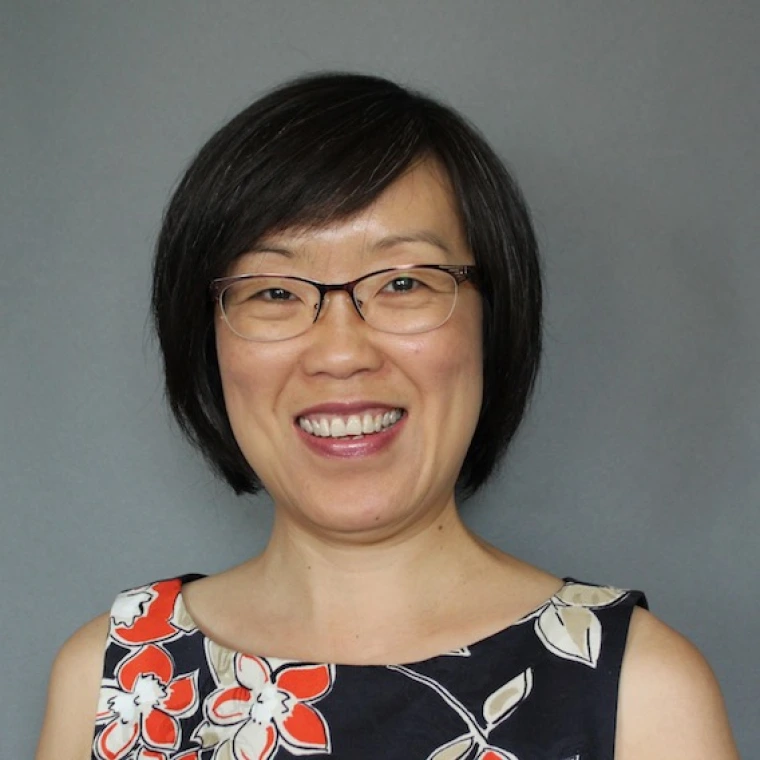Qing Zhang

About Qing Zhang
My research concerns the constitutive role of language in contexts of social change and globalization. Specifically, my work has dealt with the entanglements of linguistic practice and rapid socioeconomic transformations in the People’s Republic of China. As a country changing from a formerly “destratified” and “decommodified” society to one with the emergence of many social strata and a sweeping consumerism, contemporary China presents an unprecedented testing ground for examining the role of linguistic practice in social-economic-political transformations. Situated within such a context, my work treats language not merely as reflecting or responding to societal changes but as being among the very forces and resources that reconfigure the contemporary social-political landscape of China. I have investigated how linguistic resources are taken up by social agents to effect new social distinctions, to attain access to newly available socioeconomic opportunities, and to contest what is considered the “conventional” and the “legitimate.” Much of my research examines local social actors drawing on not only local resources to engage in stylistic and identity work but also supra-local resources made available through transnational flows of capital, people, ideas and commodities. The approach that I take to investigate the use and meaning of linguistic resources combines ethnographic methods of data collection and interpretation with quantitative methods of locating patterns of linguistic practice. I consider linguistic forms in light of their semiotic context, as part of the material and cultural resources that local social actors employ to forge new styles and identities. I explore the social meanings of linguistic resources as they emerge in the process of their use and bundling with other semiotic resources. I am also interested in studying the social history of cultural forms, including culturally salient linguistic forms.
Selected Publications
Zhang, Qing. 2017. Language and Social Change in China: Undoing Commonness through Cosmopolitan Mandarin. New York: Routledge.
Zhang, Qing. 2013. Language policy and ideology: Greater China. In Robert Bayley, Richard Cameron, and Ceil Lucas (eds.), Oxford Handbook of Sociolinguistics, 563-586. Oxford: Oxford University Press.
Zhang, Qing. 2012. “Carry shopping through to the end”: Linguistic innovation in a Chinese television program. In Juan Manuel Hernandez-Campoy and Juan Antonio Cutillas-Espinosa (eds), Style-shifting in Public: New Perspective on Stylistic Variation, 205-224. Amsterdam: John Benjamins.
Zhang, Qing. 2010. The discursive construction of the social stratification order in reforming China. Journal of Language and Politics 9 (4): 508-527.
Zhang, Qing. 2008. Rhotacization and the "Beijing Smooth Operator": The social meaning of a linguistic variable. Journal of Sociolinguistics 12 (2): 201-222.
Zhang, Qing. 2007. Cosmopolitanism and linguistic capital in China: Language, gender and the transition to a globalized market economy in Beijing. In Bonnie McElhinny (ed.), Words, Worlds, and Material Girls: Language, Gender, Globalization, 403-422. Berlin: Walter de Gruyter.
Zhang, Qing. 2006. Cosmopolitan Mandarin: Linguistic practice of Chinese waiqi professionals. Journal of Asian Pacific Communication 16 (2): 215-235.
Zhang, Qing. 2005. A Chinese yuppie in Beijing: Phonological variation and the construction of a new professional identity. Language in Society 34 (3): 431-466.
Wong, Andrew and Qing Zhang. 2001. The linguistic construction of the Tongzhi Community. Journal of Linguistic Anthropology 10 (2): 248-278.
Courses Taught
ANTH 276 The Nature of Language
ANTH 303 Language and Gender
ANTH395B Language and Youth Culture
ANTH476/576 Language and Culture
ANTH583 Sociolinguistics
ANTH680 Foundations in Linguistic Anthropology
ANTH696C Linguistic Analysis of Social Meaning
ANTH696C Language and Globalization
Areas of Study
China, East Asia
Research Interests
Linguistic Anthropology, sociolinguistics, language variation and change, language and identity, style, enregisterment, language ideologies, language and political economy, language and the media, China.

